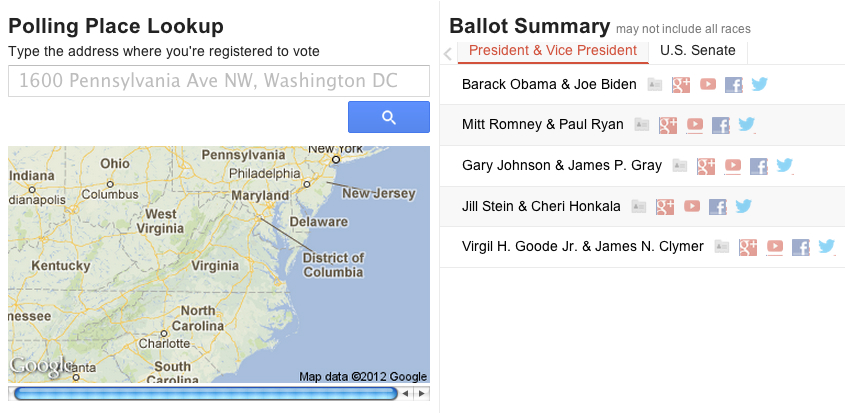The next time you order a pizza, try to imagine how many combinations of toppings, crust, and cheese are possible. If you think it’s astronomically high, you’re exactly right – it’s actually over 34 million (according to Domino’s who helpfully did the math). Now consider a provision within the Affordable Care Act that requires chain restaurants to feature detailed breakdowns of ingredients and calories in each possible variation of fresh made foods.
Do individual Papa John’s and Domino’s locations have room for 34 million signs for each pizza combination? If they did, would anyone even see them? The vast majority of their customers get their pizza delivered.
While the intent of these new regulations – aiding consumers in making more healthy dietary choices – is admirable, the unintended consequences are potentially disastrous, particularly if they were extended to related industries like supermarkets and convenience stores as the FDA is now attempting to interpret.
The Food Marketing Institute (FMI), who advocates in Washington on behalf of its 1,500 food retailers and wholesalers, argues strongly that the menu labeling law does not regulate grocery stores and that a law written for chain restaurants shouldn’t be applied to them. FMI estimates that costs associated with supermarkets’ compliance with the new regulations would exceed $1 billion, including nutrition analysis of each item, developing corresponding menu boards and signs, store-level training, and record keeping.
Erik Lieberman, counsel for FMI, explained the potential effect on grocery stores in a recent interview with the Washington Examiner:
“Consider just one fresh-baked blueberry muffin. If one is sold, you need a nutrition sign or sticker. If a half dozen are sold, a different one is required. Same if you sell a dozen.”
Thankfully, professional advocates and a bipartisan group of legislators are bringing some common sense to this process with the introduction of the appropriately named “Common Sense Nutrition Disclosure Act of 2012”. The House bill and its Senate companion would amend the current regulation to allow for sensible solutions like allowing restaurants to provide nutritional information on the Internet – not in 34 million signs.
In the policy making process, good intentions often have unintended consequences and professional advocacy plays a critical role in ensuring common sense in the end.
